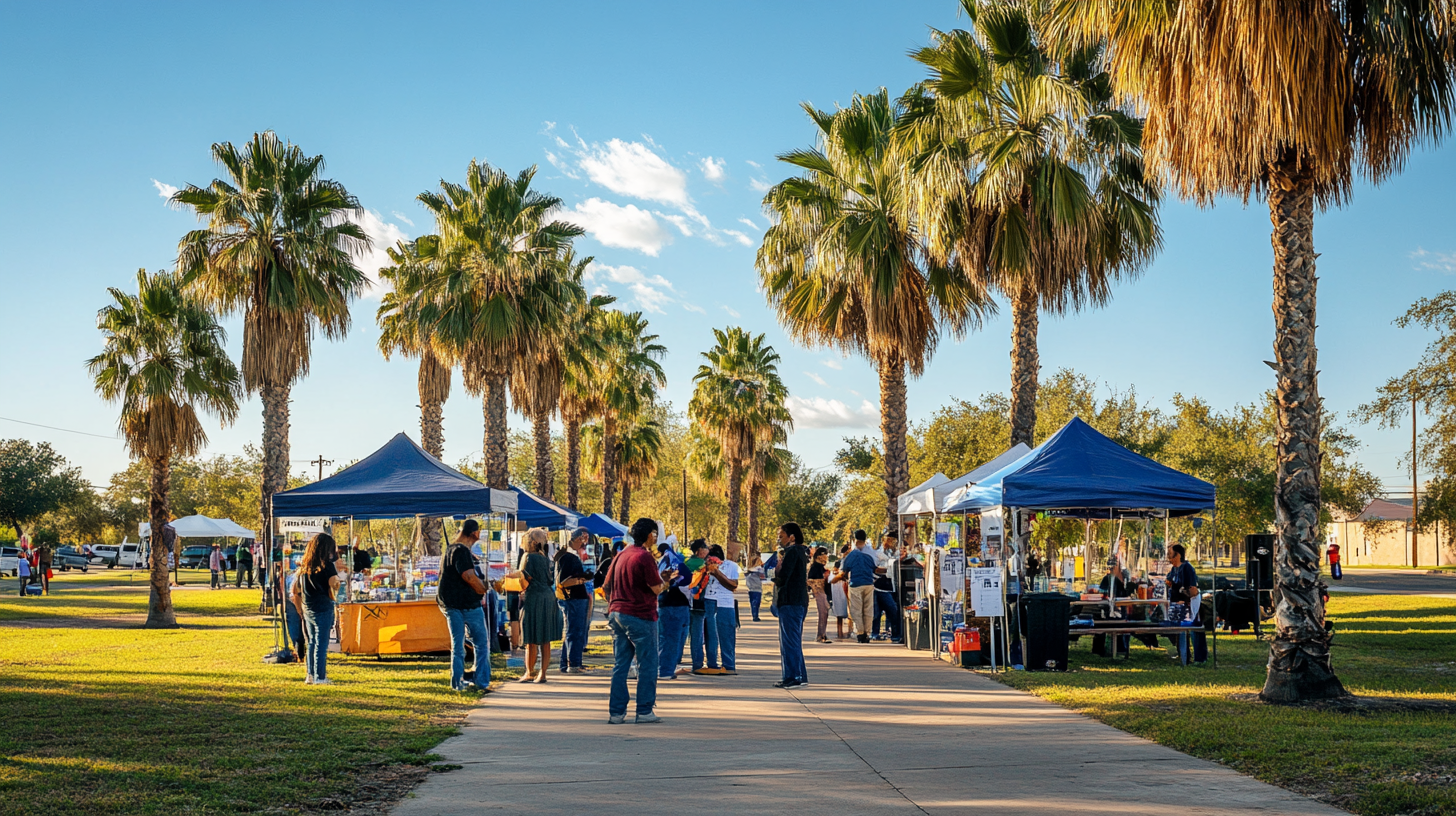Feds Investigate Border Patrol Shooting in Boca Chica
In an incident stirring national attention and regional concern, federal authorities are investigating a recent shooting involving U.S. Border Patrol agents in Boca Chica, located along the Rio Grande in South Texas. The investigation comes amid growing scrutiny of border enforcement practices and the complex dynamics of immigration in the Rio Grande Valley (RGV).
Incident Overview
On [specific date], Border Patrol agents were involved in a shooting near Boca Chica Beach, a location often patrolled due to its proximity to the U.S.-Mexico border. While the specific details of the altercation remain under investigation, initial reports suggest that the agents perceived an immediate threat, prompting the use of firearms. No information regarding casualties or injuries has been officially released at this time.
Background and Context
The Rio Grande Valley is at the forefront of national immigration debates, serving as a major entry point for migrants seeking asylum or entry into the United States. This region has witnessed an increase in enforcement efforts, including the deployment of additional agents and technology to secure the border.
Border incidents, such as the Boca Chica shooting, underscore the challenging environment in which agents operate. Local officials like Cameron County Judge Eddie Treviño Jr. have historically called for a comprehensive approach to border security—one that balances enforcement with humanitarian considerations. He emphasized, “The safety of our community and the ethical treatment of individuals crossing our border should remain dual priorities.”
Local Reactions
For Valley residents, news of the shooting elicits mixed emotions. Community leaders and advocacy groups are urging federal transparency and accountability. Norma Perez, a local community organizer, stressed the importance of conducting a thorough investigation. “Understanding the full story is vital. We have to ensure justice and transparency in processes that affect our community’s trust in local and federal agencies,” she stated.
Conversely, some residents advocate for robust border enforcement, emphasizing security concerns. “Living so close to the border comes with its risks,” said Manuel Ramirez, a local ranch owner. “I understand the need for protective measures, but they must be done right to prevent unnecessary harm.”
A History of Tension
This incident recalls previous events in the region where clashes between border patrol agents and migrants have led to public outcry and demands for policy reform. Such cases expose the difficulties in managing border security while respecting human rights.
In 2020, a similar incident led to increased dialogue between Border Patrol and civilian oversight committees aimed at improving the accountability of border enforcement agencies. These efforts have been key to ensuring incidents are thoroughly reviewed and actions are taken to protect civil liberties.
Future Implications
The outcome of this investigation could set precedents for how border incidents are managed in the future across South Texas and nationally. It may also influence federal policy on the use of force, prompting changes to training or operational guidelines for agents in the field.
Lawmakers and immigration reform advocates are likely to keep a close watch on this case, as its implications could reach beyond the local landscape to influence broader immigration debates in Washington, D.C.
Community Resources
For those affected by the incident or seeking more information, local resources are available. The Cameron County Commissioners Office and local advocacy groups offer support and information sessions addressing community concerns related to safety and border enforcement.
Residents are encouraged to stay informed and participate in upcoming dialogues to foster a community-centric approach to border security challenges.
In conclusion, as federal investigators delve into the details surrounding the Boca Chica shooting, the Rio Grande Valley remains focused on balancing security needs with the compassionate treatment of all individuals involved. This reflects the region’s ongoing commitment to addressing complicated issues through engagement, transparency, and cooperation.







